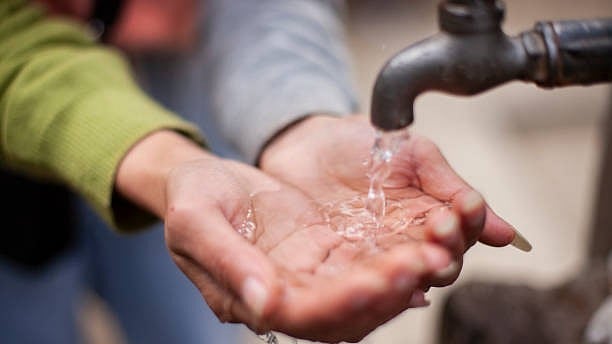Mumbai News: BMC’s ‘Water For All’ Policy Fails To Deliver Tap Connections To Thousands In Slums Even After 3 Years
Even three years after its launch, the ‘Water for All’ policy intended to ensure water access for slums, unauthorised non-slum settlements, Gaothan, and Koliwadas has yet to make meaningful impact, allege social activists. They are urging the civic administration to address critical implementation gaps and remove bureaucratic roadblocks to ensure equitable water access for all.

Activists say BMC’s water policy excludes genuine applicants in Mumbai’s informal settlements | Representational Image
Mumbai: Even three years after its launch, the ‘Water for All’ policy intended to ensure water access for slums, unauthorised non-slum settlements, Gaothan, and Koliwadas has yet to make meaningful impact, allege social activists.
They are urging the civic administration to address critical implementation gaps and remove bureaucratic roadblocks to ensure equitable water access for all.
Originally, only structures mapped by the BMC were eligible for water connections. The policy was introduced to extend access to unmapped slums, especially those located on private or commercial land and in informal settlements that previously lacked tap water. However, activists say that restrictive conditions under the current framework are making it difficult for many residents to secure legal connections.
Faiyaz Sheikh, founder of the Govandi Citizens Welfare Forum, explained, “The policy mandates a minimum of five applicants to jointly apply for a water connection. In densely populated slum areas, this condition is impractical and often excludes genuine single-household applicants. We recently met with BMC’s hydraulic engineering department to raise these concerns. They asked us to submit our demands, which we sent to them on Friday.”
Sitaram Shelar, convenor of Pani Haq Samiti, echoed these concerns. “We have submitted several demands to the BMC such as allowing single-family stand post connections instead of the current group system, introducing a single-window supply-based mechanism, and eliminating the compulsory involvement of licensed and unlicensed plumbers for household connections in informal settlements. Yet, no progress has been made. The core objective of the policy remains unmet,” he said.
Purshottam Malvade, chief engineer of Hydraulic Department was unavailable for comments. Under the policy, applicants are required to submit proof of occupancy such as an electricity bill or ration card along with identity documents when applying for a water connection.
According to officials, the BMC is the first municipal body in the country to roll out such a comprehensive water access policy. However, the policy explicitly excludes dilapidated buildings and unauthorised structures located on roads and footpath. As per civic data, 15,375 permissions have been granted so far, with 7,868 actual connections provided.
RECENT STORIES
-
-
-
-
-
